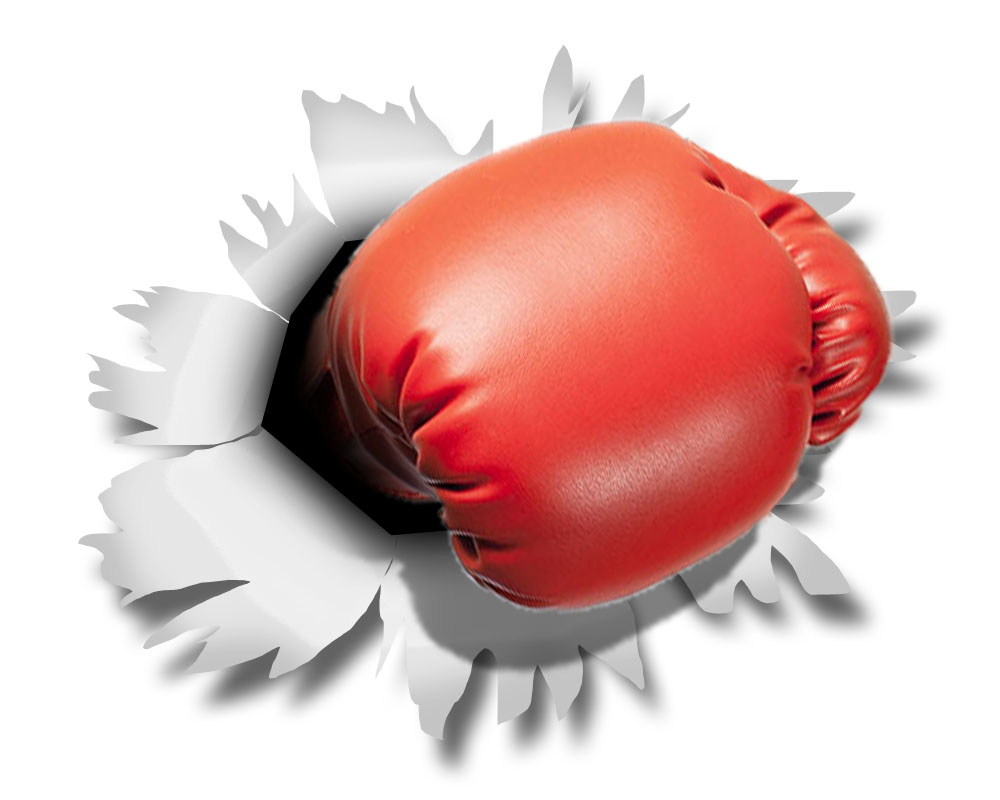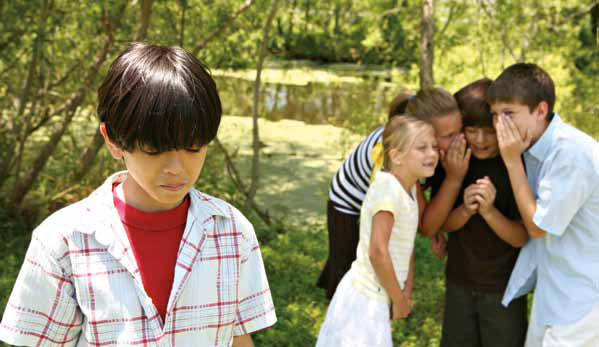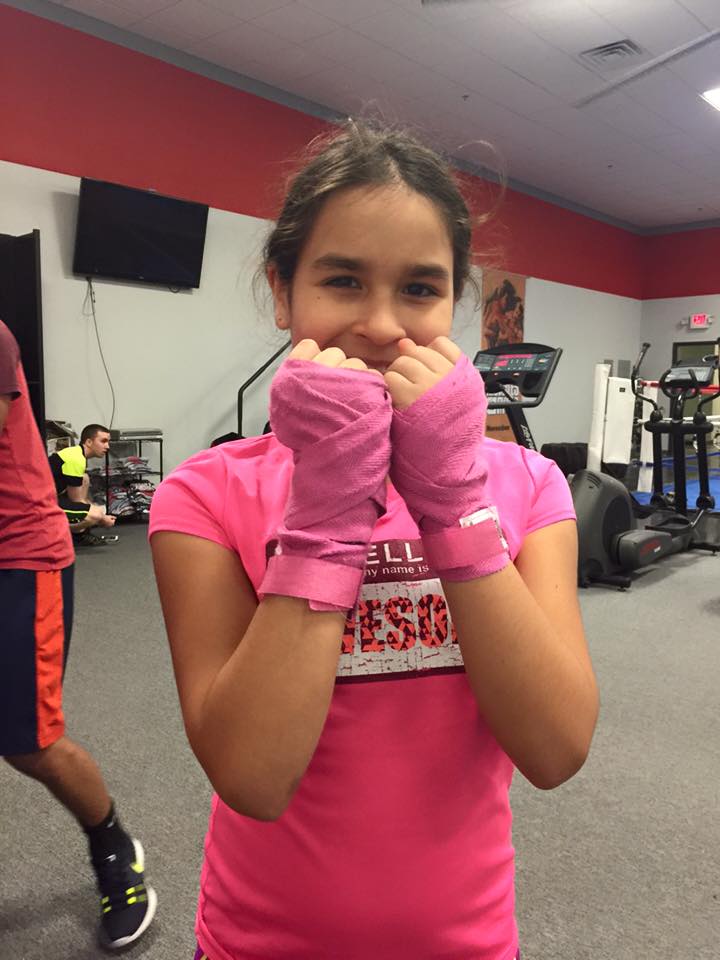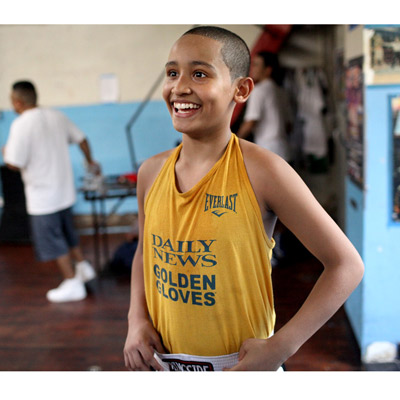Therapy Boxing Program: Your child or teen may not ever become the heavyweight champion, but he or she can reap several benefits from the sport of boxing and group counseling if they are struggling with behavior issues, emotional problems, or are on the autism spectrum. Training in this sport can help children and teen excel both physically and mentally.
Our Therapy Boxing program reaches out to the places that other sports and conventional therapy don't reach. Why? Because it engages with young people on their own terms and recognises that frustration and aggression that is so often the hallmark of teenage years. The goal of our program is to give young people who may be bad at everything else they've tried a sense of worth and self-esteem. Encouraging them to stop labelling themselves with negative labels.
Punching: Boxing will teach your child how to throw several types of punches. These punches include the jab, cross, hook and uppercut. Your child/teen will learn the correct body mechanics needed to throw these techniques with the most speed and power. These skills not only help children compete in a ring, but they can also help young people defend themselves against bullies or dangerous people outside of the ring.
Footwork: Proper footwork is an integral part of boxing. Fighters must efficiently move around the ring to deliver punches and evade them. They must also know how to properly distribute weight on each foot to pack the most power in each punch. The importance of both punching and footwork in boxing improves coordination and balance in young people.
Physical Training: Boxing training includes jumping rope, and jogging. All these activities improve your child's cardiovascular fitness. Boxers also spend a lot of time strengthening their arms and legs. Youth boxing training often focuses on bodyweight exercises such as push-ups, crunches and squats. Boxing can help your child/teen get into peak physical shape.
Mental Benefits: Therapy Boxing offers young people several mental benefits that they need in their daily lives. Improved physical health and improved performance can build your child's confidence. In addition, when just punching a speed bag, extreme focus is required. This can translate into better focus in the classroom. According to some trainers and therapist, this sport also helps youngsters control anger and aggression. Young people learn that losing their tempers in the boxing ring is actually counter-productive. When young boxers successfully complete rigorous workouts, they also learn about self-discipline and determination.
Groups
Behavior Modification
This group is identified for Young people that have behavioral issues such aggression in communication, physical aggression, defiant at school /home, drug / alcohol use, poor grades at school, truancy, lack of healthy support system, danger to others, promiscuous behavior, inability to express emotions.
Goal: anxiety and stress management, develop healthy coping skills, team building, teach a sense of belonging, build confidence, build self-control or self-awareness, build healthy social skills, ID source of anger/frustration & utilize training as a release, build healthy self-esteem, eliminate unhealthy sexual activities, and help establishing healthy independence.
Facts: Young people often feel emotions very strongly, and many not have learned yet how to control their strong emotions. Sometimes young people feel angry when they are hurt, afraid, tired, embarrassed, depressed, frustrated, or stressed out. Also, youth who have witnessed or been victims of violence often have trouble with teen anger management issues. Most Young people that display this type of behavior will typically not have a healthy support system, they may come from broken homes, homes that are exposed to domestic violence, parents that are alcoholics, young people with learning disabilities, non-spiritual environment, extreme rigid households
Emotional Healing
This group is identified for young people with depression, suicidal ideations / attempts, cutting, anxiety and stress issues, PTSD, exposure to domestic violence, low self-esteem, weight issues, bullied, victims of sexual abuse, decreased interest in previously enjoyed activities, and mood swings.
Goal: eliminate unhealthy beliefs, eliminate depression & anxieties, build confidence, social skills, self-defense skills, anxiety and stress management, coping skills, team building and leadership skills, weight management, motivational techniques, self-image enhancement, and mental skill development.
Facts: Some young people with emotional and behavioral disorders are anything but aggressive. Their problem is the opposite—too little social interaction with others. They are said to have internalizing behavioral disorders. Although young people who consistently act immaturely and withdrawn do not present the threat to others that antisocial children do, their behavior creates a serious impediment to their development. These children seldom play with others their own age. They usually do not have the social skills needed to make friends and have fun, and they often retreat into daydreams and fantasies. Some are fearful of things without reason, frequently complain of being sick or hurt, and go into deep bouts of depression.
Fighting Autism
This group is for the young people that are on the autistic spectrum or also what was known as Asperger syndrome which is an autism spectrum disorder (ASD) considered to be on the “high functioning” end of the spectrum. Affected children and adults have difficulty with social interactions and exhibit a restricted range of interests and/or repetitive behaviors. Motor development may be delayed, leading to clumsiness or uncoordinated motor movements.
Goal: build confidence, social skills, self-defense skills, muscle balance and modifying body agility, anxiety and stress management, coping skills, team building and leadership skills, weight management, motivational techniques, self-image enhancement, performance enhancement and mental skill development.
Facts: Study finds that children with autism spectrum disorders are bullied far more often than their typically developing peers — nearly five times as often — but parents of autistic kids think the rate is even higher than that.
Study indicates that 46% of autistic children in middle and high school told their parents they were victimized at school within the previous year, compared with just over 10% of children in the general population.
Therapy Boxing
Join Us!
7616 Camp Bowie West Blvd. Fort Worth, Texas 76116
Call to schedule today! (817) 624-1222
Without an outlet for negative & frustrating emotions, children and teens typically dump them on their parents
Facts: Youth boxers spend most of their time stretching, conditioning, and working out on punching bags
Facts: In addition to promoting physical fitness, training instills confidence, motivation, and especially self-discipline in young boxers
Steven, who won the Ringside international boxing tournament in his age group in Kansas City in 2010, says that boxing helps him stay in shape, staves off boredom, and keeps him out of fights at school.
"Whenever trouble comes to find me, I [learned] to control myself," he says.
Serving the Dallas - Fort Worth Metroplex in TEXAS!







